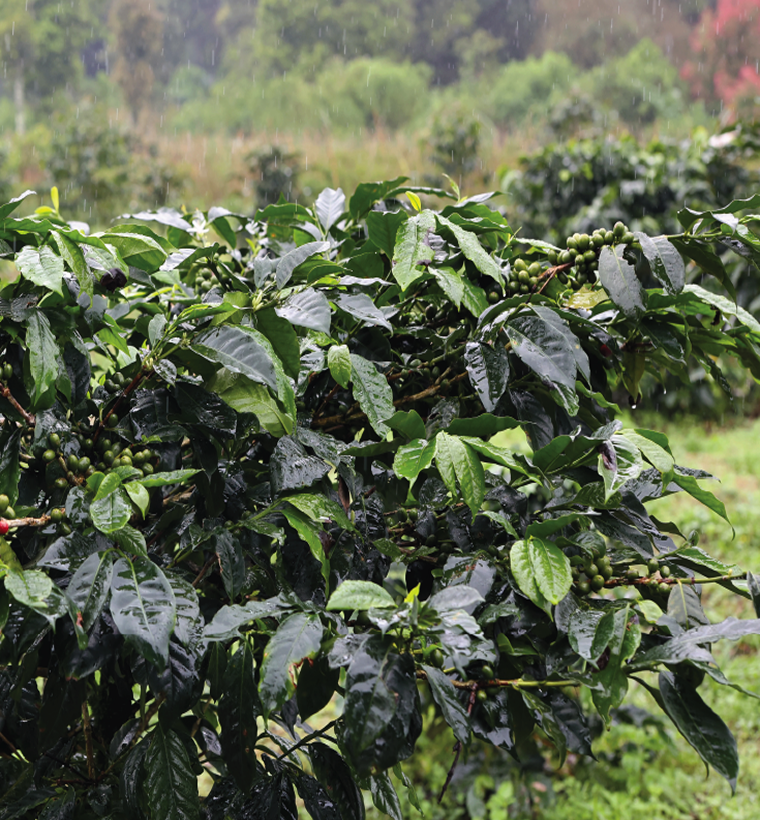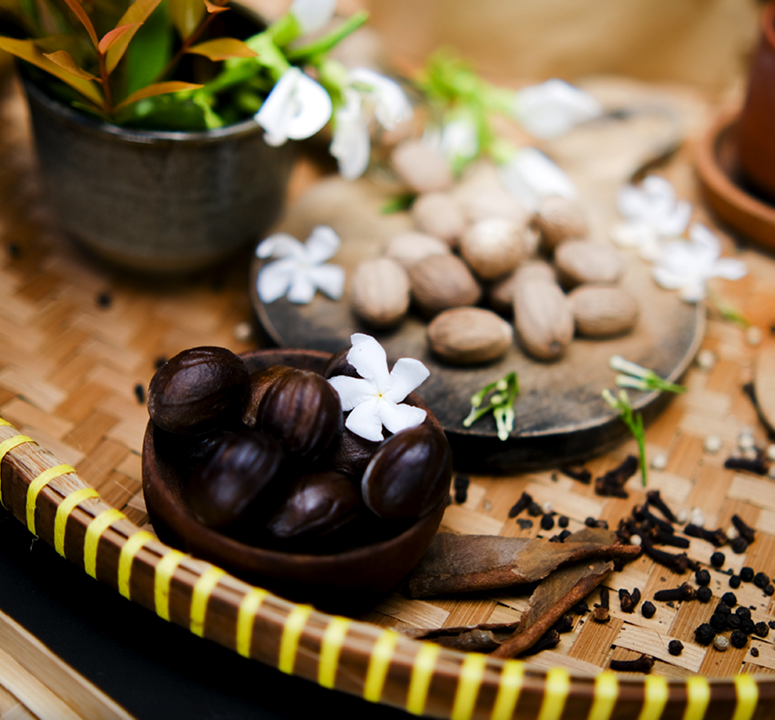Strengthening and Expanding the Community-based Area Management to Realize the Protection of People’s Rights in A Healthy, Fair and Sustainable Natural Resources and Environmental Management in Indonesia
The inhabitants of Indonesia have long coexisted with nature. This then creates its own culture from various tribes and customs, each of which has its own uniqueness. Our ancestors used the produce to survive which continues to be done today. Therefore, it is important to remind ourselves and the environment around us to continue to maintain and care for the natural beauty that has been given to us.
In the heart of Indonesia, diverse tribes flourish, each weaving intricate stories that reflect their deep connection to the land. From the lush rainforests to the vibrant coral reefs, the rich tapestry of life here not only sustains us but also inspires us to safeguard these precious ecosystems. Every action we take today plays a pivotal role in preserving this legacy for those who will inherit it tomorrow.
For generations, the people of Indonesia have lived in harmony with the earth, shaping unique cultures and traditions. Our ancestors sustainably utilized nature’s bounty, a practice we continue today. It is our duty to cherish and protect the archipelago’s stunning natural heritage for future generations, ensuring its beauty endures.
The essence of Indonesia is captured in its myriad cultures, where every tribe contributes to a collective identity rooted in environmental stewardship. As custodians of the land, it is our responsibility to embrace sustainable practices that respect the delicate balance of nature, ensuring that the breathtaking landscapes and rich biodiversity continue to thrive for generations to come.
As we navigate the complexities of modern life, it becomes increasingly vital to remember the wisdom of our ancestors. They taught us that the earth is not merely a resource to be exploited, but a partner to be nurtured. This philosophy is reflected in the daily practices of many communities, where traditional knowledge blends seamlessly with contemporary sustainability efforts, creating a path forward that honors both past and present.
In today’s fast-paced world, the lessons from our forebears serve as a guiding light. By integrating ancestral wisdom with innovative approaches, we can forge a sustainable future that respects the environment. Each step we take towards eco-conscious living is a tribute to the rich heritage of Indonesia, ensuring the vibrant cultures and breathtaking landscapes remain intact for all who come after us.
This spirit is used as the brand image for various products from farmers, livestock keepers, and fishermen across the archipelago who adopt the principles of fairness, sustainability, and conflict-free practices.
Each product is conflict-free and collectively promotes the spirit of fighting against injustice, solely based on the principles of economic fairness. Any farmer, livestock keeper, fisherman, or producer can adopt the O’Balihara image. O’Balihara is an open brand image, welcoming products that adhere to the principles of fairness, sustainability, and conflict-free practices.


Strengthening and Expanding the Community-based Area Management to Realize the Protection of People’s Rights in A Healthy, Fair and Sustainable Natural Resources and Environmental Management in Indonesia
Becoming the number one online marketplace in Indonesia that operates based on the principles of fairness and sustainability.
Empowering Community-Based Management Communities across all regions of Indonesia.
These pillars work synergistically to create a sustainable ecosystem that fosters growth, innovation, and community engagement. By integrating environmental stewardship, social responsibility, economic viability, and cultural preservation, WKR aims to empower local communities while ensuring the health of our planet for future generations.

WKR have customary rights and control over their ancestral lands, recognized through natural and cultural boundaries. These territories extend across forests, rivers, and sacred mountains — often governed by traditional laws and rituals.

Local communities use indigenous knowledge systems to manage land. These include: Sacred spatial planning, Customary law and democratic decision-making,Harmony with nature through ecosystem balance and spiritual values

WKR supports eco-friendly, small-scale production focused on community needs rather than market demand. Local commodities (e.g., food, textiles, coffee) are produced with low emissions, no chemicals, and ancestral techniques.

Communities consume what they produce, based on ecological wisdom and food sovereignty. However, industrialization pressures often disrupt this balance — WKR aims to restore consumption autonomy.
